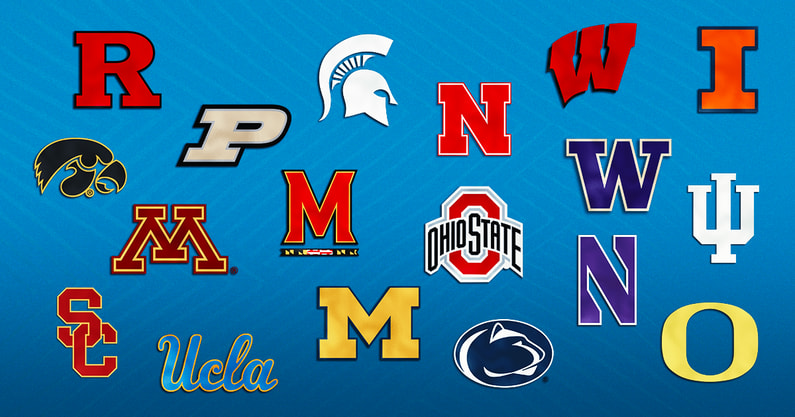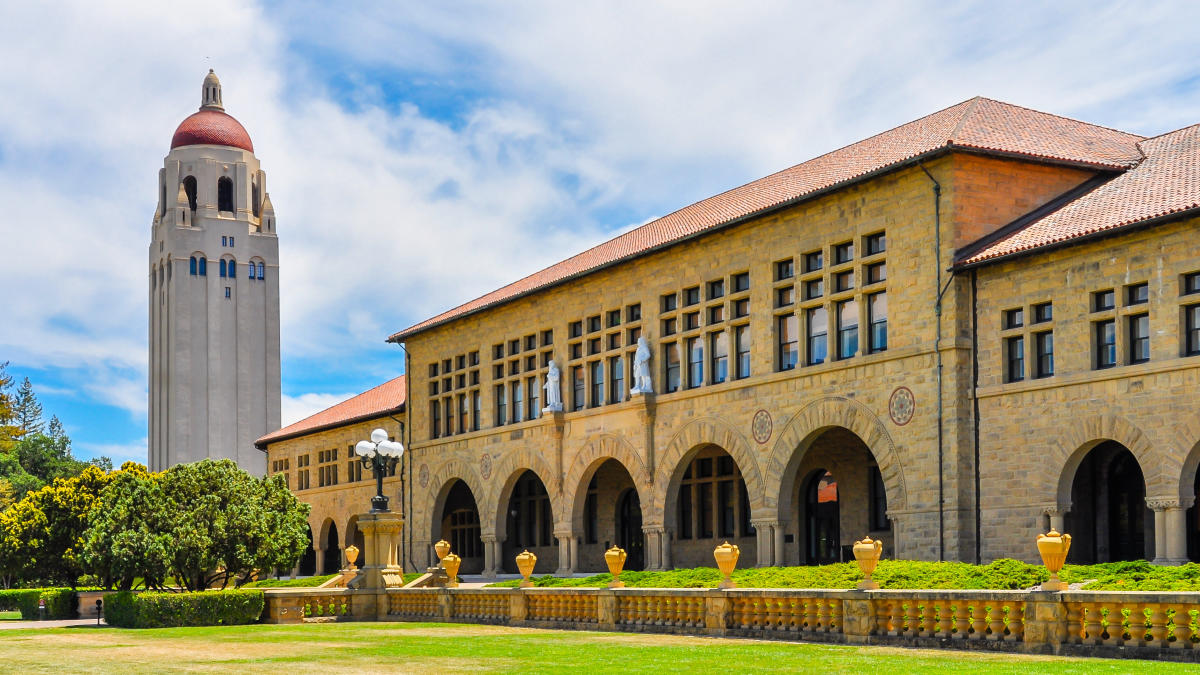In the digital age, college education is undergoing a profound transformation, and one of the most significant catalysts for this change is the Massive Open Online Course (MOOC). Leveling the playing field by breaking down barriers to access, MOOCs have emerged as a revolutionary force within higher education.
What are MOOCs?
Massive Open Online Courses (MOOCs) leverage the power of the internet to provide instruction to a large number of participants simultaneously. MOOCs were introduced in May 2012 by edX president Anant Agarwal as a joint venture between Harvard and MIT. According to MOOC.org, this method of online instruction allows students to “build skills from over 140 leading global institutions like MIT, Harvard, Berkeley, and leading companies like AWS, Microsoft, and IBM.” These courses are accessible to anyone with an internet connection and are typically offered by universities, colleges, or online education platforms. MOOCs cover a wide range of subjects, from mathematics and science to humanities and business, making them a versatile tool that appeals to learners of all backgrounds and interests.
Benefits of MOOCs
MOOCs offer numerous benefits. They are open to everyone, making learning accessible to thousands or even millions of people, both because of their massive scale as well as their low cost. Courses offered by MOOCs are typically free, aside from a few platforms that offer specific certificate programs for a fee—still significantly cheaper than similar programs at traditional universities. From architecture to educator training, to ethics, to energy and earth sciences; MOOCs offer learners the freedom to choose from a diverse range of coursework in the pursuit of their personal or professional goals.
How MOOCs Are Changing Education
The idea of MOOCs has opened up a whole new world of learning. With global online coursework, education is more accessible and inclusive than ever. Not only is instruction being delivered to thousands, but it has torn down economic barriers by making most courses free. Learners from around the world, regardless of their socioeconomic background, can access educational content previously reserved for a privileged few. This inclusivity has the potential to reduce educational inequality. Additionally, it has made learning more flexible, as the online platform lends itself to working parents, college students, and those currently employed full-time. Some MOOCs even allow students to tailor courses to their individual learning needs so they can progress at their own pace.
Furthermore, MOOCs have enriched global learning communities by providing a platform for cross-cultural collaboration over a shared interest. Additionally, their entry into the higher education market has inspired traditional educational institutions to innovate, expanding the breadth of their online courses and integrating technology more cohesively into their programs. The rise of MOOCs has unquestionably changed the landscape of higher education and career advancement for the better.
Challenges and the Future of MOOCs
While MOOCs have brought about significant changes in education, they also face challenges such as completion rates, credential recognition, and issues related to quality control. According to an article, “Is Small Beautiful?” published in Harvard Magazine, MOOCs promised “Online education will change the world.” While online education did positively change the accessibility of education, critics argue that MOOCs need to “scale down, not up.” In an effort to better reach learners, “HarvardX have tested a simple solution…These experiments—which come with their own acronym, SPOC (small private online course)—enable professors to more fully engage a targeted group of learners, who benefit in turn from an intensive, personal course setting.” This model exchanges the unfettered access to instruction inherent in the “massive, open” principle MOOCs were built on in favor of greater depth of engagement for fewer students; nevertheless, with SPOCs the core purpose of reaching eager learners via an online platform remains the same. Accordingly, the future of MOOCs may involve some evolution in order to address challenges like these.
Conclusion
Massive Open Online Courses (MOOCs) have emerged as a powerful force reshaping education through increased accessibility, flexibility, and inclusion. As MOOCs continue to grow and change, they are likely to play an even more prominent role in the future of education, bridging gaps and providing opportunities for learners worldwide to acquire knowledge and skills that can transform their lives. If you are interested in learning more about MOOCs that could advance your academic or professional career, get in touch with a PREMINENTE college counselor today.


